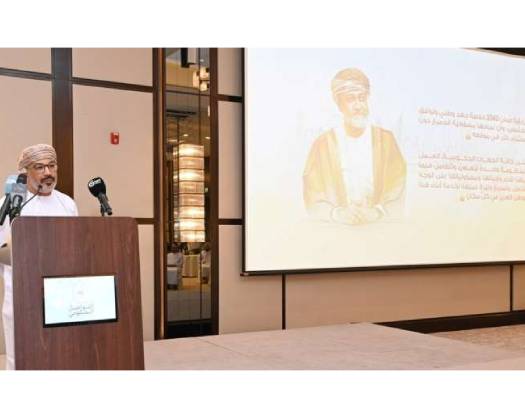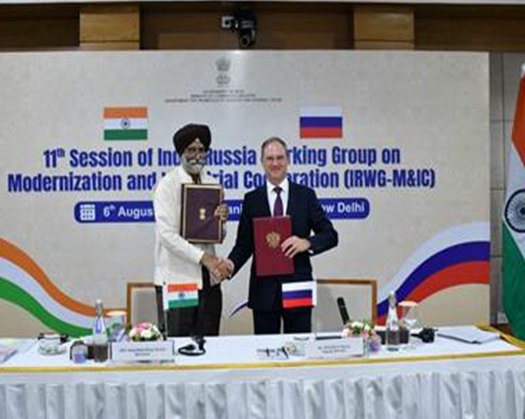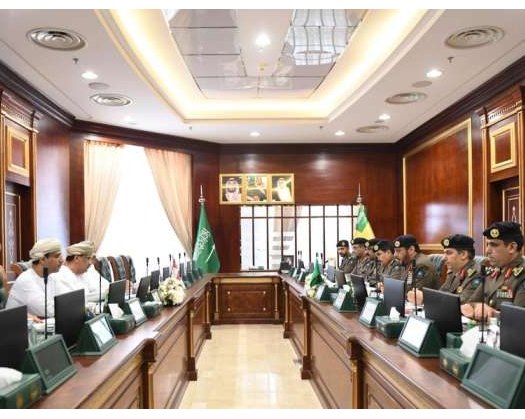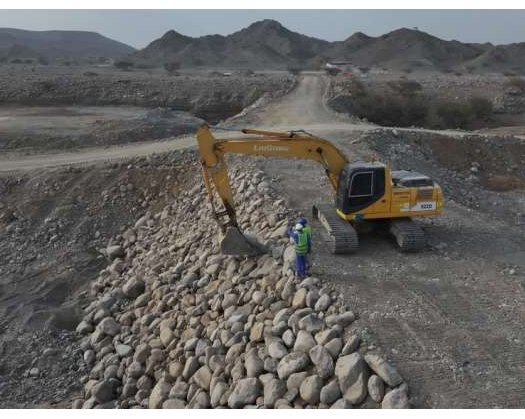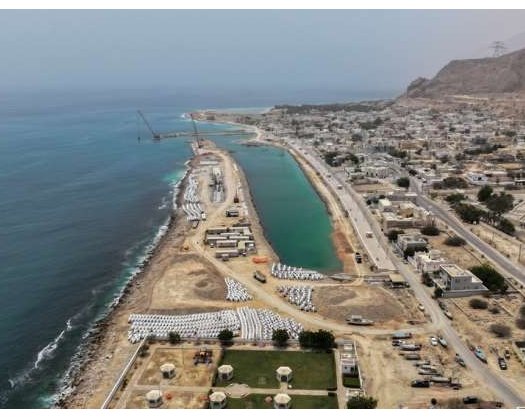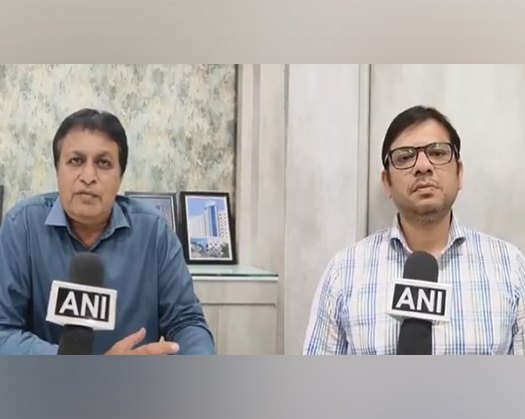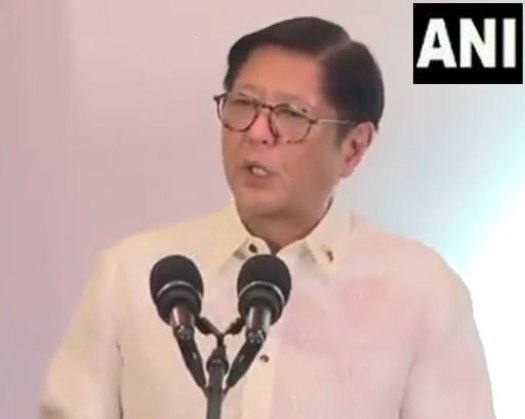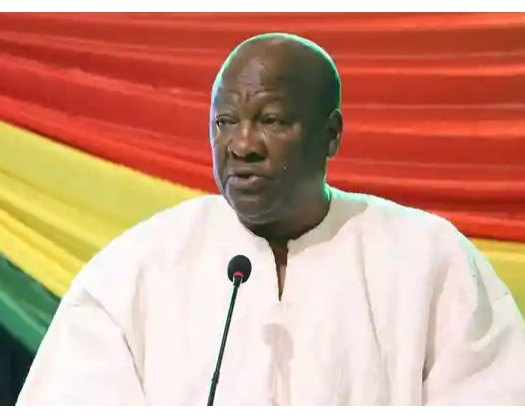Muscat: The 28th meeting of the Government Communication Centre (GCC) was attended by directors and representatives from media and communication divisions in different government agencies.
The meeting was held under the auspices of Dr. Khamis Saif Al Jabri, Chairman of the Implementation Follow-up Unit for Oman Vision 2040.
The event is in line with the Centre's goal of enhancing national media discourse and integrating the Vision's presence into communication initiatives.
Ibrahim Salim Al Salmi, the GCC's Director General, stressed in his opening remarks that the media is not just a means of spreading information but also a vehicle for raising social consciousness and enhancing public knowledge of national policies.
He highlighted the Center's dedication to making sure that the Oman Vision 2040 is represented across all media channels and formats, from government news to social media's original material.
The meeting also provides a forum for exchanging ideas, creating communication strategies that bring the Vision closer to the public, and aligning outreach methods with societal aspirations, especially among young people, according to Al Salmi.
According to Dr. Khamis Al Jabri, the communication initiatives of Oman Vision 2040 are essential in promoting efficient and long-lasting interaction between the Vision and its national priorities. He emphasized the crucial role that public and commercial organizations play in promoting awareness, exhibiting completed initiatives, and making a positive impact on local and global metrics related to the Vision.
According to Dr. Al Jabri, the program will offer essential communication assistance throughout its implementation, along with rigorous monitoring to guarantee message coherence and flexibility to progress. By strategically aligning with the Vision's priorities, he emphasized the clarity of institutional roles.
He also noted that the Vision's follow-up offices throughout the organization act as important partners for communication departments by providing correct information about initiatives and projects, which facilitates more productive and professional messaging.
The meeting sought to highlight the significance of connecting government entities' content and accomplishments to national objectives, improve media plans to support larger strategic objectives, and establish governance frameworks for institutional communication.
Abdullah Al Saidi, the Followup Unit's Communication Program Supervisor, hosted a documentary on Oman Vision 2040 that showcased significant milestones in strategic communication initiatives aimed at helping the Vision come to fruition. To encourage community participation and support for Vision-related initiatives, the movie highlighted ongoing and successful public engagement.
The presentation also covered the steps in creating the Vision's communication identity, which included media campaigns, official platform launches, digital presence improvement, and uniform messaging. It emphasized the importance of continuous, proactive interaction with all parts of society in order to promote widespread comprehension and support.
Prof. Abdullah Khamis Al Kindi, a member of the State Council and the head of the Media Department at Sultan Qaboos University, gave a presentation on institutional integration in the development of a national reputation. He described corporate communication as a mechanism for information exchange between businesses and stakeholders that promotes institutional identity and strategic goals.
Corporate communication has moved from a technical role to a strategic one that emphasizes reputation management, crisis communication, and message alignment, especially within the context of Oman Vision 2040, according to Al Kindi. He discussed overlaps between marketing, public relations, and internal communication, highlighting how they all contribute to creating an institutional image.
He emphasized the significance of perception and reputation, promoting ongoing interaction, internal communication, and value-driven messaging. He also addressed issues like poor leadership, cultural differences, and slow reaction, offering advice on skill development and strategic planning.
As for her turn, Samira Al Sarihi, a media researcher at the GCC, offered communicators advice on how to use Oman Vision 2040 in their government media work. The handbook acts as a guide for developing communication programs related to government initiatives, making sure that they are consistent with national programs, five-year development plans, and Vision objectives.
In the interim, Zakiyah Al Balushi, Director of Planning and Studies at the Public Authority for Special Economic Zones and Free Zones, discussed her organization's experience in aligning operations with the objectives of Oman Vision 2040. She detailed measures to improve institutional change, such as yearly and five-year plans that are based on performance indicators that are tied to the Vision.
The meeting ended with an engaging discussion on how to enhance media performance and institutional coordination in order to integrate government messaging and advance national priorities.
As part of a number of GCC measures in partnership with the Oman Vision 2040 Follow-up Unit, this meeting seeks to evaluate government agencies' media preparedness, adjust to changing communication trends, and promote all-encompassing development projects.

